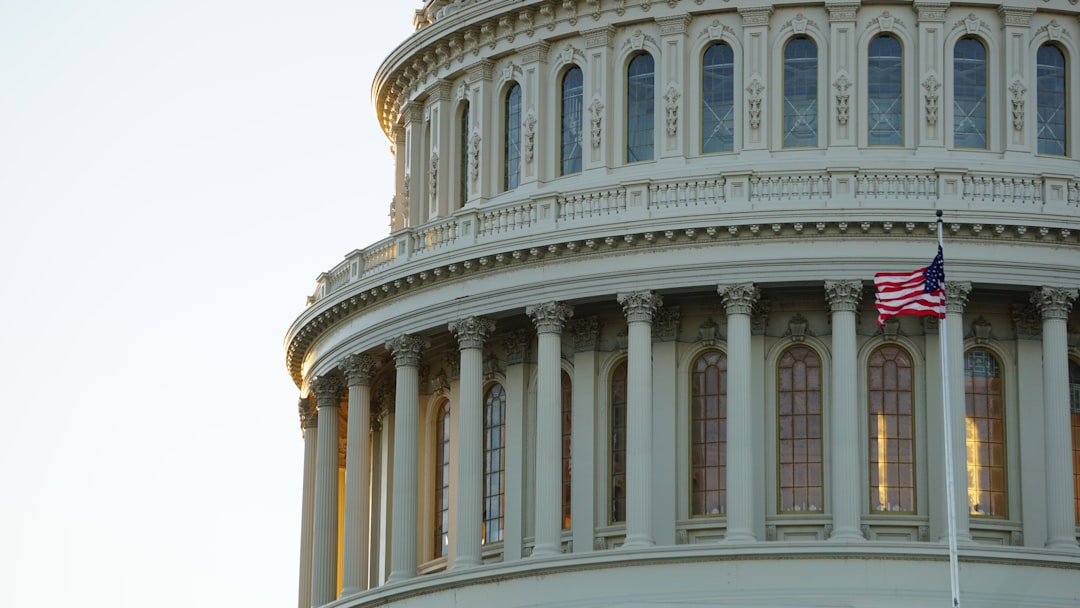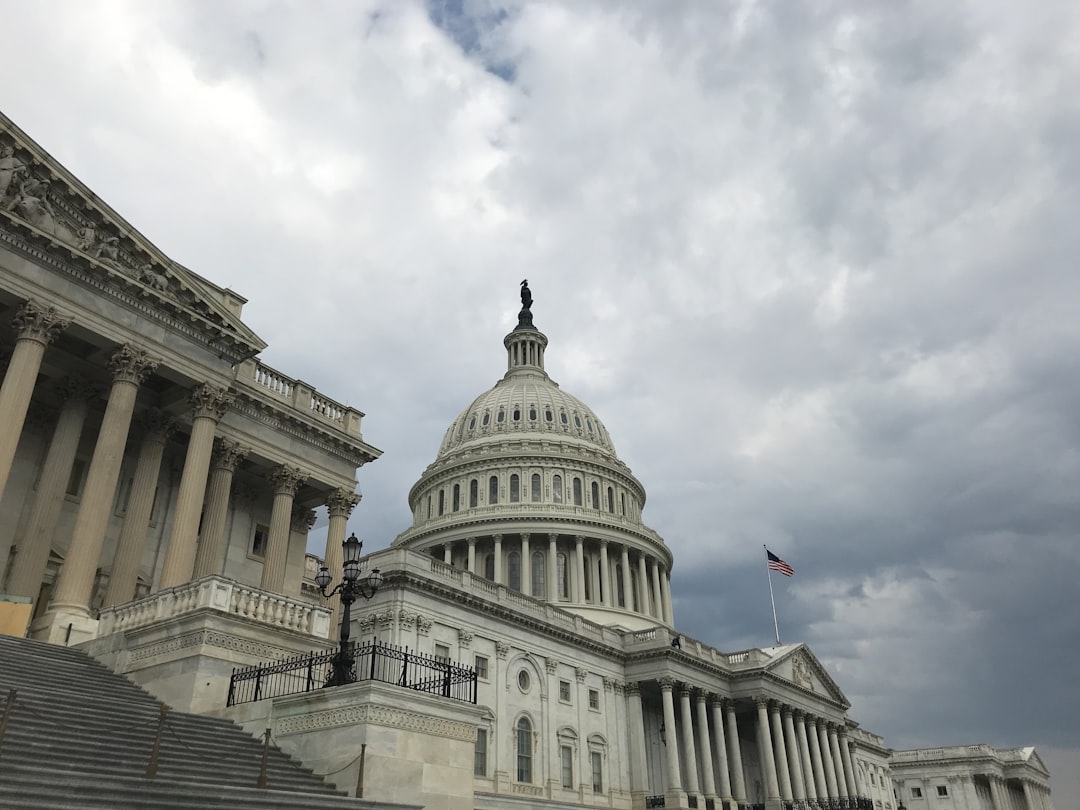Elderly sexual abuse in faith-based care facilities is a serious issue, with many cases unreported due to fear and shame. Sumner's Programs in Washington state offers specialized solutions, educating staff, residents, and families about elder abuse dynamics. Their proactive approach includes workshops on consent, boundaries, and vulnerability recognition, along with support services for victims and perpetrators. Elderly sexual assault lawyers WA play a crucial role in advocating for victims' rights, collaborating with care facilities to implement preventive measures and prioritize resident safety.
Elderly individuals in faith-based care facilities are vulnerable to sexual abuse, a hidden crisis often overlooked. This article explores Sumner’s Programs, an innovative approach to preventing such abuse through comprehensive strategies tailored for these settings. We delve into the issue, highlighting the unique challenges faced by elders and the critical role played by elderly sexual assault lawyers in WA and beyond. By understanding these dynamics, we can foster safer environments and support victims.
Understanding Elder Sexual Abuse in Faith-Based Care Settings

Elderly sexual abuse in faith-based care facilities is a critical issue that requires specialized attention and prevention strategies. Given the intimate nature of care environments, the potential for exploitation among vulnerable elderly individuals is heightened. This sensitive topic involves not only physical but also emotional and psychological forms of abuse, which can be challenging to identify and address. Many cases go unreported due to fear, shame, or lack of awareness, making it essential for facilities to implement robust prevention programs.
In Washington state, where elderly sexual assault lawyers play a vital role in advocating for victims’ rights, the focus on faith-based care settings is more crucial than ever. Sumners Programs offers comprehensive solutions tailored to these unique environments, aiming to educate staff, residents, and families about the dynamics of elder abuse. By fostering an environment of trust and open communication, these programs empower individuals to recognize potential threats and take proactive measures against sexual exploitation, ensuring a safer, more secure care experience for all elderly inhabitants.
Sumner's Programs: An Overview of Prevention Strategies

Sumner’s Programs offers a comprehensive approach to prevent elder sexual abuse within faith-based care facilities, addressing a critical yet often overlooked issue. Their strategies are tailored to create safe environments and empower both residents and staff members. Through educational workshops, these programs aim to raise awareness about consent, boundaries, and the signs of potential abuse, fostering a culture of respect and vigilance.
The initiatives include training sessions for caregiving staff, focusing on recognizing vulnerable elders and implementing robust reporting systems. By encouraging open communication and providing resources for survivors, Sumner’s Programs aims to protect elderly individuals in their care. Additionally, they offer support services for both victims and perpetrators, emphasizing healing and accountability, ultimately contributing to a more secure and compassionate care setting, as well as assisting elderly sexual assault lawyers WA in their efforts to bring justice.
The Role of Elderly Sexual Assault Lawyers in WA and Beyond

In many cases, elderly sexual abuse within faith-based care facilities goes unreported due to complex power dynamics and potential stigma. Here, elderly sexual assault lawyers in WA play a pivotal role. They are equipped to navigate legal complexities and advocate for victims who may struggle to speak out, ensuring justice and accountability. These specialists understand the unique challenges faced by elders in these settings, from institutional barriers to potential retaliation.
Elderly sexual assault lawyers WA offer crucial support, providing legal guidance tailored to the specific needs of their clients. They work collaboratively with various stakeholders, including care facility staff, law enforcement, and healthcare professionals, to raise awareness and implement preventive measures. Their expertise helps in developing robust protocols that safeguard residents while fostering a culture of transparency and accountability within faith-based care facilities.






